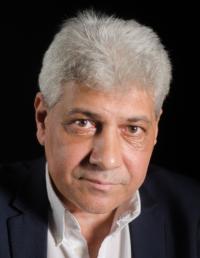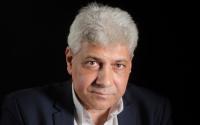People can’t be like sheep all the time. There is freedom and we must use our freedom

Download image
Josef Miker was born in 1965 in Sobrance, Eastern Slovakia, near Michalovce. His father travelled to work in the Ostrava region since the 1950s and in 1977 he decided to take up the opportunity and to move with his whole family to Trnovany in Teplice region. Josef Miker completed his primary school in Trnovany and went to study at the Secondary Industrial School in Dolní Jiřetín. Already as a student, he started working on the surface mine in Bílina, where he eventually spent 31 years as a miner. In 2011, he had to retire out of health reasons. Since the 1990s he has been active in his work for Romany people. He became an activist at the time of the first race-motivated murders and hateful marches against Romany people. Jointly with Miroslav Brož they founded an initiative called Hatred Is Not A Solution and the civic association Konexe. Since 2000 he has been active in an initiative to closed down the pig farm near Písek, located in the position of a former concentration camp. He lives in Krupka, where he dedicates his time as a volunteer to Romany youth and poor Romany families.

